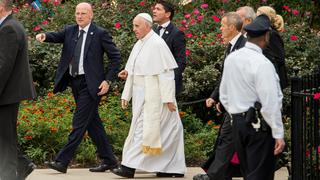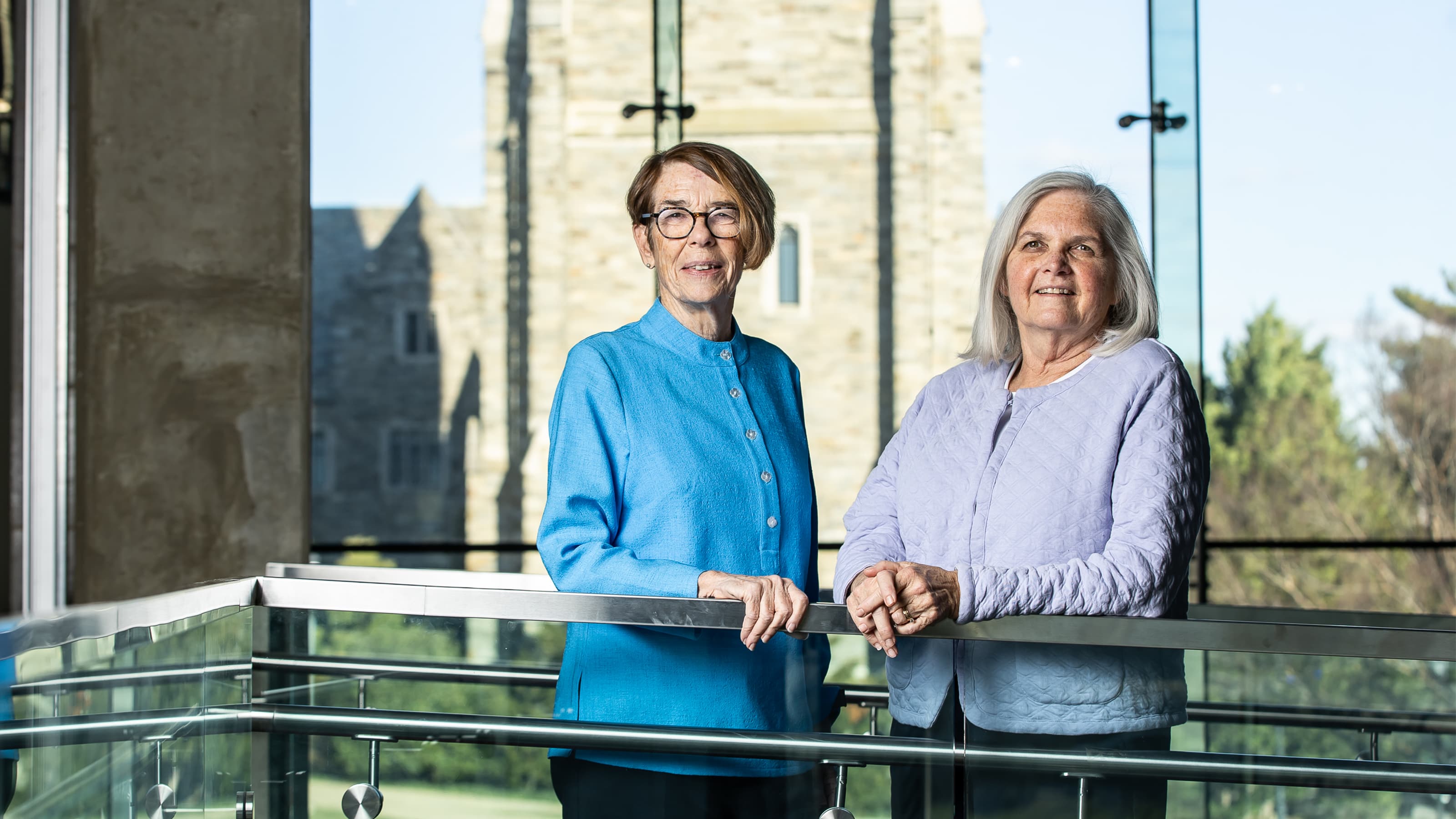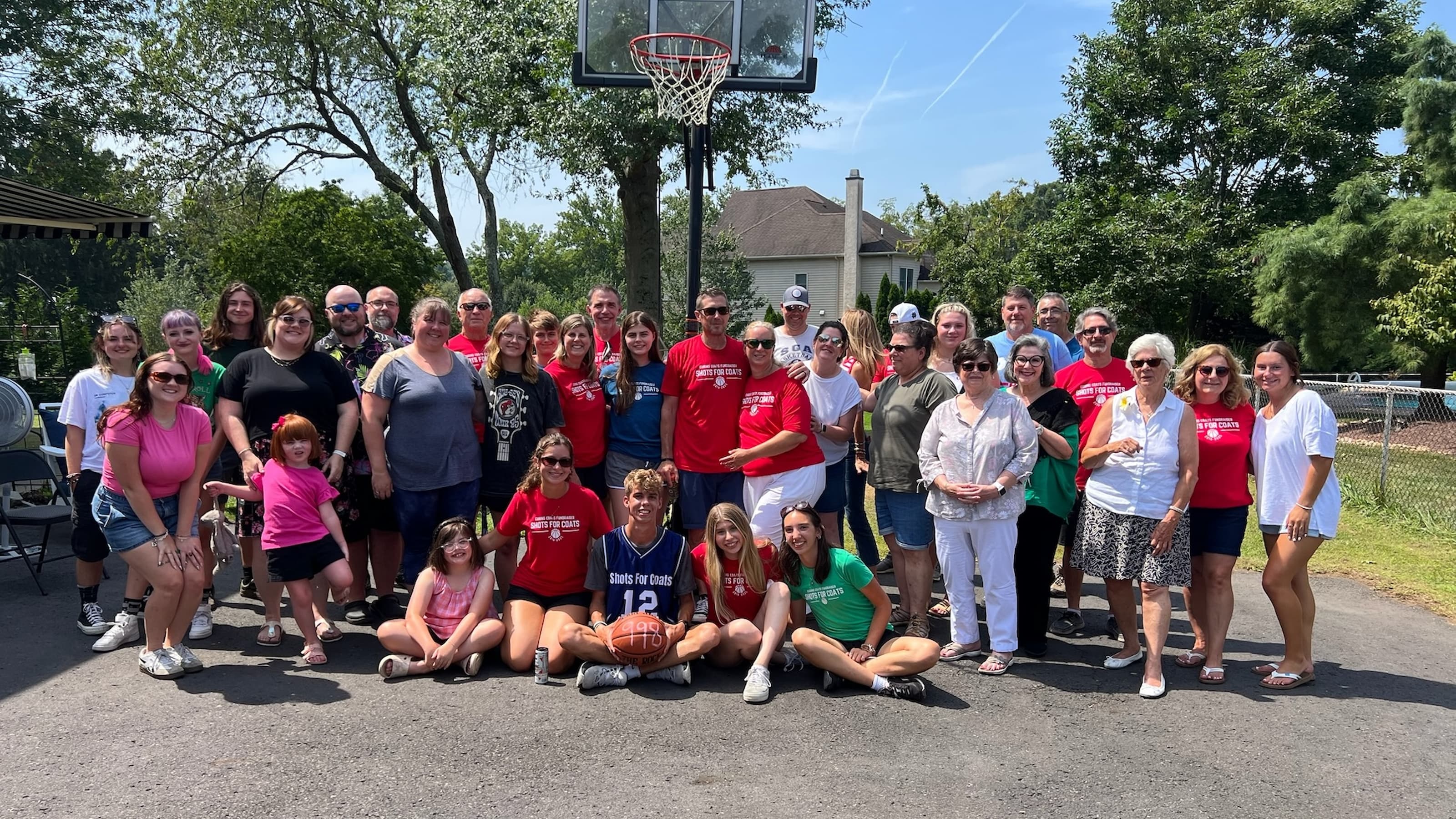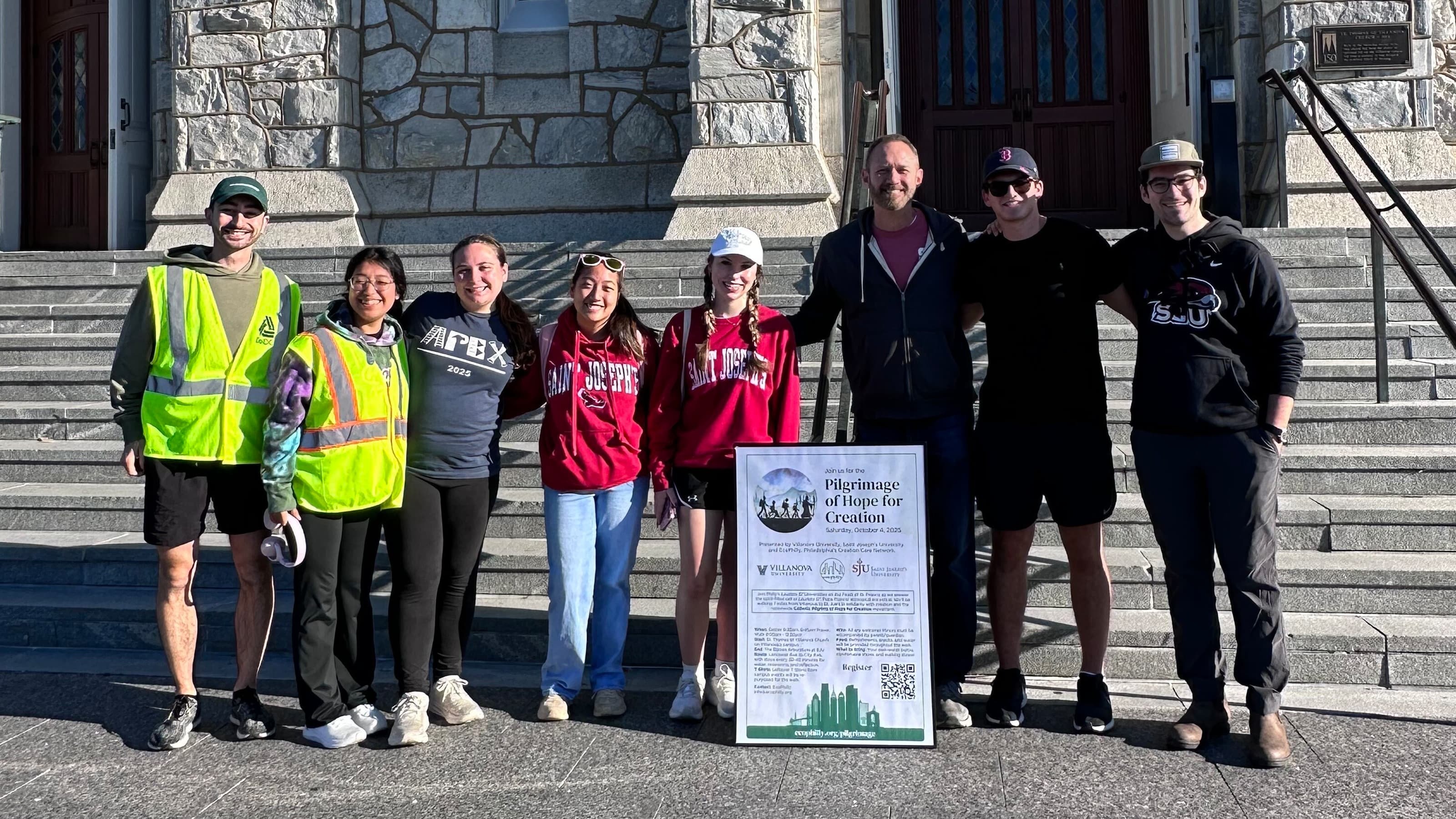An Unpredictable and Consequential Papacy Turns 10
Ten years have passed since Jorge Mario Bergoglio was elected pope. Daniel R.J. Joyce, S.J., vice president of mission and ministry, reflects on the lasting impact of his papacy.
 Pope Francis during his visit to Saint Joseph's University in 2015.
Pope Francis during his visit to Saint Joseph's University in 2015.
Ten years ago, after the puff of white smoke declared a new pope, I was insistent that it couldn’t be the Cardinal Archbishop of Buenos Aires, Jorge Mario Bergoglio, S.J., as a student suggested to me. I was emphatic that this was impossible, as he was a Jesuit. In fact, Bergoglio was the only Jesuit in the conclave. I insisted there would never be a Jesuit pope, as we Jesuits take a special vow never to seek the high offices of the Catholic Church. Plus, the Argentinian cardinal was aging, had just submitted his resignation as Archbishop at 75 and had his retirement planned out. So, I was in shock when this enigmatic Jesuit was brought to the Loggia of the Blessings and introduced to the world as Pope Francis.
The new pope was known among Jesuits as an infamous outsider. In his early years of studies within the Society of Jesus, his Jesuit peers named Bergoglio "La Gioconda," or Mona Lisa, because he was as mysterious and unreadable as Leonardo da Vinci's famous painting. You never knew what he was thinking or where he may land on a particular issue. Most Jesuits are more predictable and open in sharing their opinions.
Well, Pope Francis has been faithful to his reputation for the last 10 years. Some find him too conservative, holding the Catholic Church back from needed reforms in governance and doctrine. Others see him as too liberal with his off-the-cuff comments welcoming those alienated by the Church or his openness to changes in long-standing pastoral practice. Francis is still hard to characterize and even harder to predict.
But 10 years later, you can begin to see what may be his lasting impact on the world's largest single religious organization.
His example of humble service, simple living and uncomplicated teaching have reshaped Catholic expectations of future popes and the Church.
Daniel R.J. Joyce, S.J.
Vice President of Mission and MinistryFirst and foremost, Pope Francis has encouraged Catholics to be people of serious discernment. True to his spirituality grounded in the 500-year-old “Spiritual Exercises of Saint Ignatius Loyola,” the pope has been promoting a mature faith among Catholics, where people use their conscience and sincere prayer to discern God's will. The faithful are not to be sheep blindly led by others but faith-filled people who know God's grace works uniquely on them and guides them to particular choices for goodness, justice and the practice of love.
Second, there is a new standard for the style of leadership required of Catholic priests, bishops and popes. "Smell like the sheep," Pope Francis told his priests at Holy Week services less than a month after his election. His example of humble service, simple living and uncomplicated teaching have reshaped Catholic expectations of future popes and the Church. The servant-leader modeled by Jesus in the Gospels and exemplified by Francis has shifted the measure of what and who a pope needs to be.
Third, the most transformative aspect of Pope Francis' decade of leadership could be seen when I witnessed him visit Saint Joseph's University in September 2015. The pope defied his security detail and insisted on an unscheduled visit to our Hawk Hill campus where he met with his old friend, Rabbi Abraham Skorka, to bless the now-famous statue "Synagoga and Ecclesia in Our Time." This symbol of open dialogue between the Jewish and Catholic faith traditions is emblematic of Francis' lasting emphasis on Catholics and all believers – we must always be a people of dialogue who are unafraid to encounter others different from ourselves.
The pope has, time and again, over the last 10 years, subtly but irrevocably challenged the global community to this radical openness to the goodness and dignity of every human being. He has done this in a world where ideological divisions, sectarian violence and social conflicts have risen. His actions have spoken louder than the many unhelpful words uttered by global leaders of all sorts. For decades to come, Pope Francis will be a definitive reference and counterpoint to future forces that may try to sow hatred, oppress the vulnerable or destroy the planet.
The decade-long papacy of the world's first and, maybe only, Jesuit pope was not at all predictable but certainly has been consequential. I am glad I did not place a bet with that St. Joe's student who called it correctly back in 2013 about the Argentinian Jesuit being elected pope. I would have not only been out a few bucks but, more importantly, bet against the many wonderful things that have been possible for my Church and our world since.



